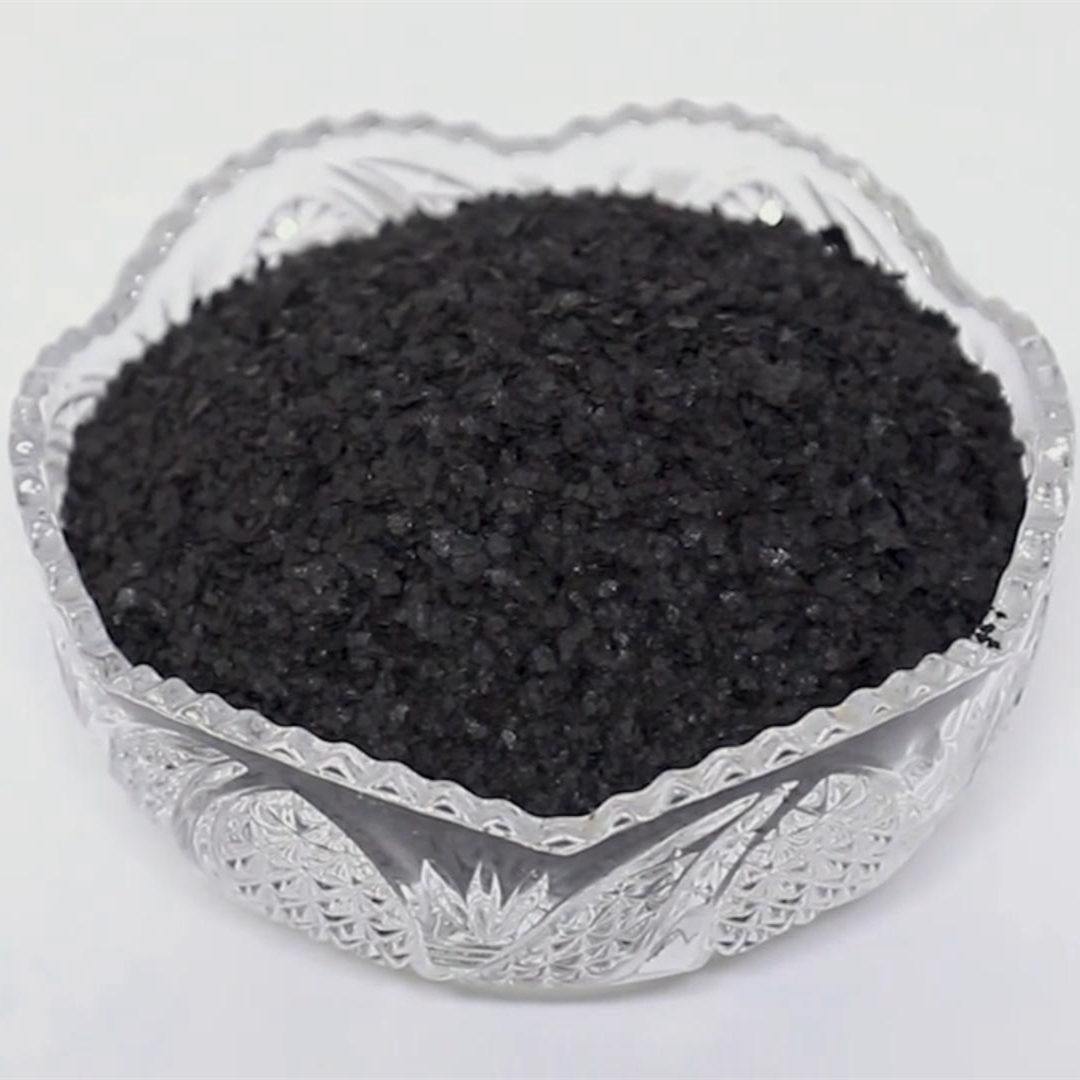
Th12 . 15, 2024 03:00 Back to list
Optimal NPK Fertilizer Choices for Enhancing Fruit Tree Growth and Yield
The Best NPK Fertilizer for Fruit Trees
When it comes to growing healthy and fruitful trees, one of the most important factors to consider is the type of fertilizer you use. Fertilizers provide essential nutrients that trees need to thrive. One of the most popular types of fertilizers is NPK, which stands for Nitrogen (N), Phosphorus (P), and Potassium (K). Each of these nutrients plays a crucial role in the overall health and productivity of fruit trees. In this article, we’ll delve into the best NPK fertilizers for fruit trees and how to use them effectively.
Understanding NPK Ratios
NPK fertilizers are often labeled with a series of three numbers, which represent the percentage by weight of each nutrient in the fertilizer. For example, a fertilizer labeled as 10-10-10 contains 10% nitrogen, 10% phosphorus, and 10% potassium. Different fruit trees have varying needs based on their species, growth stage, and genetic predisposition. Thus, understanding the specific NPK requirements of your fruit trees is essential for maximizing their productivity.
Importance of Each Nutrient
1. Nitrogen (N) Nitrogen is vital for the growth of leaves and stems. It plays an important role in photosynthesis, which is crucial for the overall vigor of the tree. For fruit trees, nitrogen is particularly important during the early stages of growth and for maintaining leaf health.
2. Phosphorus (P) Phosphorus is essential for root development, flowering, and fruit set. It also plays a critical role in energy transfer within the plant. A strong root system enables fruit trees to absorb water and nutrients more efficiently, leading to better fruit production.
3. Potassium (K) Potassium helps improve fruit quality and resistance to diseases. It is important for the overall health of the tree, impacting water regulation and photosynthesis. A good potassium level can enhance the flavor, color, and size of the fruit.
Selecting the Right NPK Fertilizer
When selecting an NPK fertilizer for fruit trees, consider the following factors
best npk fertilizer for fruit trees

1. Soil Test Conducting a soil test can provide insight into nutrient deficiencies. If your soil is lacking in nitrogen, a fertilizer higher in N (like a 20-10-10) would be beneficial. Conversely, if phosphorus is deficient, a fertilizer such as 10-20-10 may be more suitable.
2. Age of the Tree Young fruit trees have different nutrient needs compared to mature ones. For young trees, a balanced fertilizer (like 10-10-10 or 12-12-12) promotes overall growth. Mature trees, on the other hand, may require a formulation heavier in potassium and phosphorus, especially during the blooming and fruiting stages.
3. Season and Growth Stage Timing is key when fertilizing fruit trees. Spring is generally the best time for applying nitrogen fertilizers, as trees are actively growing. Phosphorus and potassium can be more crucial during the flowering and fruiting phases in late spring and early summer.
Recommended NPK Fertilizers
1. Balanced Fertilizers For most fruit trees, a balanced 10-10-10 or 12-12-12 fertilizer is a great starting point. These are versatile and suitable for a variety of fruiting trees.
2. High Nitrogen Fertilizers If you notice that your leaves are yellowing or that your tree isn’t thriving, a high nitrogen fertilizer (such as 20-5-10) can help boost foliage and overall growth.
3. High Phosphorus Fertilizers For flowering and fruiting, fertilizers like 10-20-20 can stimulate bloom and lead to better fruit yields.
4. Slow-Release Fertilizers Consider using slow-release granulated fertilizers. These formulations can offer a long-term supply of nutrients, avoiding nutrient leaching and providing a steady state of nutrients for your trees.
Conclusion
Selecting the best NPK fertilizer for your fruit trees is essential for promoting healthy growth and achieving bountiful harvests. By understanding the specific needs of your trees, considering soil tests, the age of the trees, and the season, you can choose the right fertilizer formulation. With proper care and nutrition, your fruit trees can thrive, bringing you delicious fruits season after season. Remember to regularly monitor the health of your trees and adjust your fertilization strategies as needed to ensure the best results. Happy gardening!
-
Organic 10-10-10 Fertilizer | Balanced Plant Nutrients
NewsJul.31,2025
-
Premium Amino Acid Fertilizer | Rapid Plant Growth Booster
NewsJul.31,2025
-
10 10 10 Fertilizer Organic—Balanced NPK for All Plants
NewsJul.30,2025
-
Premium 10 10 10 Fertilizer Organic for Balanced Plant Growth
NewsJul.29,2025
-
Premium 10 10 10 Fertilizer Organic for Balanced Plant Growth
NewsJul.29,2025
-
Premium 10 10 10 Fertilizer Organic for Balanced Plant Growth
NewsJul.29,2025
